Just as coffee in the West, tea became a part of daily life in China. You can see teahouses scattered on streets like cafes in the west. It has such a close relationship with Chinese that in recent years, a new branch of culture related to tea is rising up in China, which has a pleasant name of 'Tea Culture'. It includes the articles, poems, pictures about tea, the art of making and drinking tea, and some customs about tea.
In the Tang Dynasty (618 --- 907, Lu You, who is known as 'Tea Sage' wrote Tea Scripture, and detailedly described the process of planting, harvesting, preparing, and making tea. Other famous poets such as Li Bai, Du Fu and Bai Juyi once created large number of poems about tea. Tang Bohu and Wen Zhengming even drew many pictures about tea.
Chinese are very critical about tea. People have high requirements about tea quality, water and tea wares. Normally, the finest tea is grown at altitudes of 3,000 to 7,000 feet (910 to 2,124 meters). People often use spring water, rain and snow water to make tea, among them the spring water and the rainwater in autumn are considered to be the best, besides rainwater in rain seasons is also perfect. Usually, Chinese will emphasis on water quality and water taste. Fine water must feature pure, sweet, cool, clean and flowing.
Chinese prefer pottery wares to others. The purple clay wares made from the Yixing, Jiangsu Province and Jingdezhen, Jiangxi Province are the best choices.
In China, there are customs about tea. A host will inject tea into teacup only seven tenth, and it is said the other three tenth will be filled with friendship and affection. Moreover, the teacup should be empty in three gulps. Tea plays an important role in Chinese emotional life.
Tea is always offered immediately to a guest in Chinese home. Serving a cup of tea is more than a matter of mere politeness; it is a symbol of togetherness, a sharing of something enjoyable and a way of showing respect to visitors. To not take at least a sip might be considered rude in some areas. In previous time, if the host held his teacup and said 'please have tea', the guest will take his conge upon the suggestion to leave.
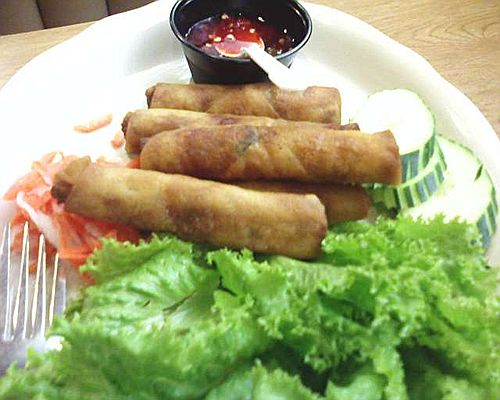
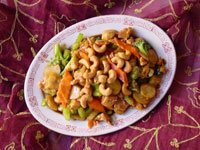

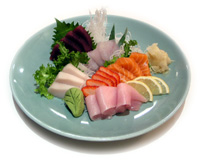

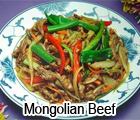

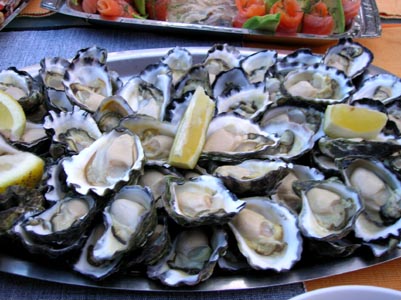
 PREVIOUS
PREVIOUS